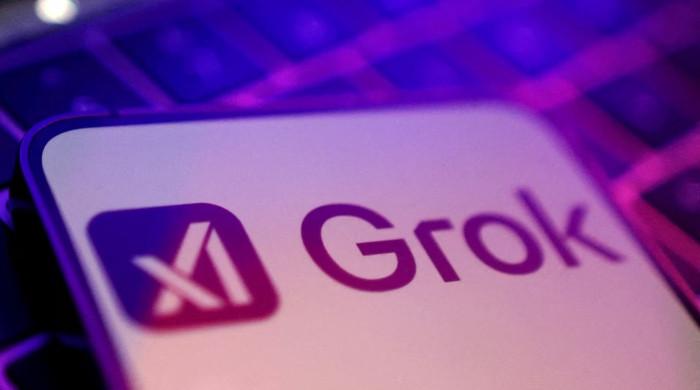Google drops bombshell revelation about 2,500 leaked 'Search' documents
Documents detailing data tracked by search engine giant were leaked, sending ripples through SEO industry
May 30, 2024

Google has confirmed that the collection of 2,500 internal documents containing details of data collected by the company, leaked on Wednesday, is authentic, The Verge reported.
The leaked documents detail the data that the search engine giant is keeping track of, including data that may be used in its closely guarded search ranking algorithm.
The documents offer an unprecedented glimpse into one of the most influential systems shaping the internet.
In an email sent to The Verge, Google spokesperson Davis Thompson cautioned against "making inaccurate assumptions about Search based on out-of-context, outdated, or incomplete information."
He said: "We've shared extensive information about how Search works and the types of factors that our systems weigh, while also working to protect the integrity of our results from manipulation."
The leaked material was first outlined by search engine optimisation (SEO) experts Rand Fishkin and Mike King, who each published initial analyses of the documents and their contents earlier this week.
Google's leaked documents reveal that the company collects and potentially uses data such as clicks and Chrome user data despite claiming that these don't affect webpage rankings.
It's unclear which data is actually used for ranking search content, and the documents don't disclose how different elements are weighted in search.
This revelation is expected to impact the SEO, marketing, and publishing industries, as these documents, along with the recent testimony in the US Department of Justice antitrust case, shed light on the signals Google considers for ranking websites.
These rankings significantly impact businesses relying on the web, including independent publishers, restaurants, and online stores.
The search ranking competition has led to an industry of individuals seeking to crack the code or outsmart the algorithm, resulting in sometimes conflicting answers.











